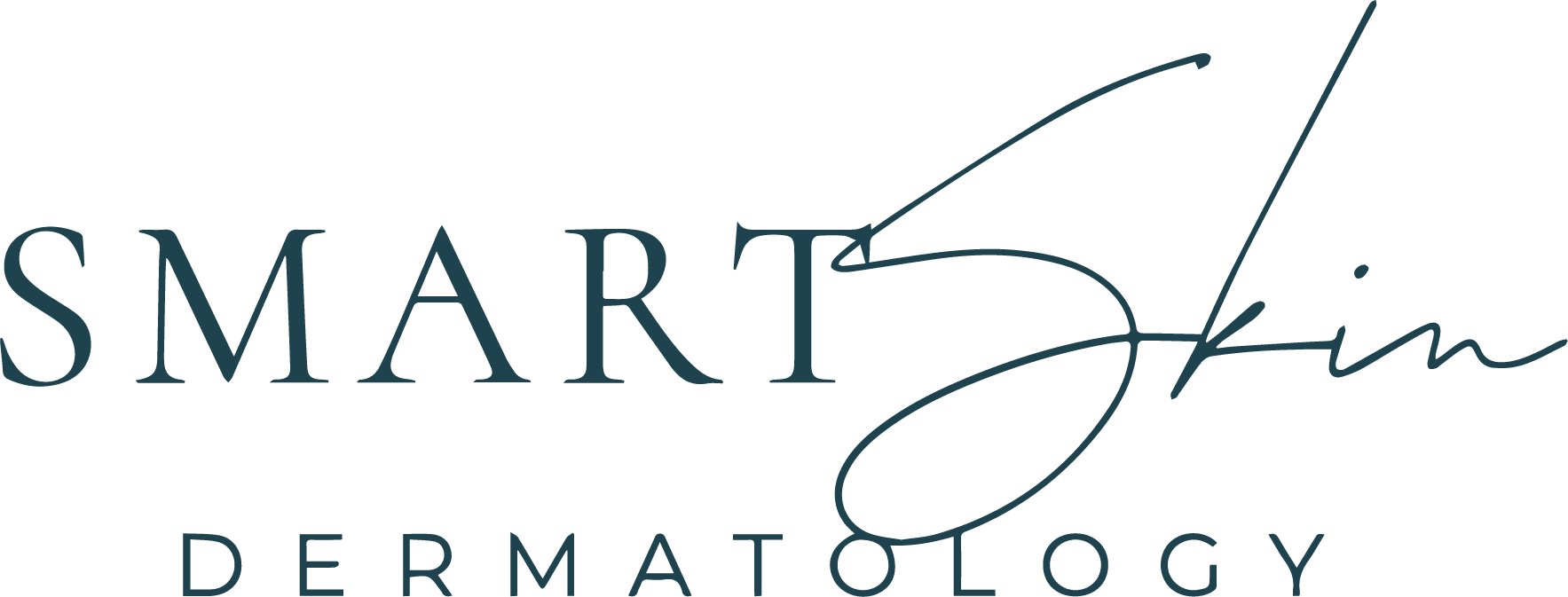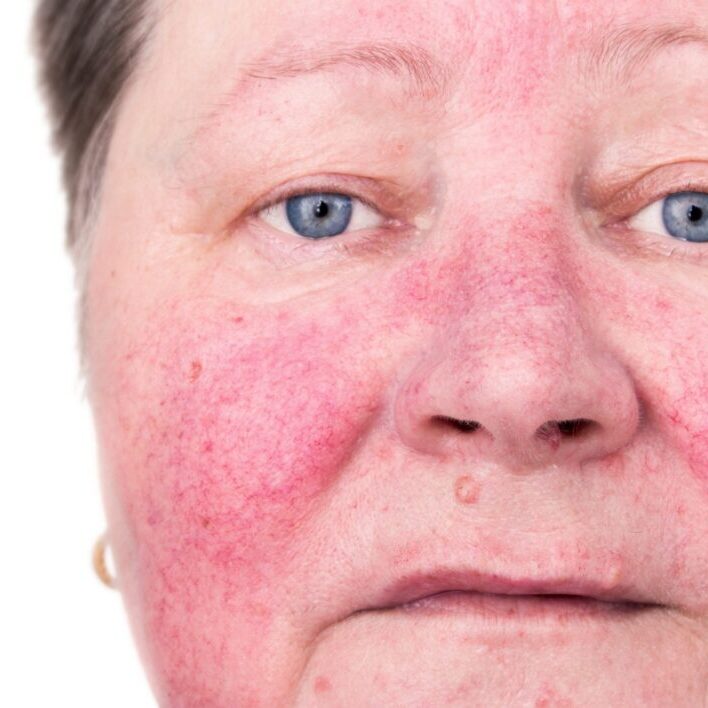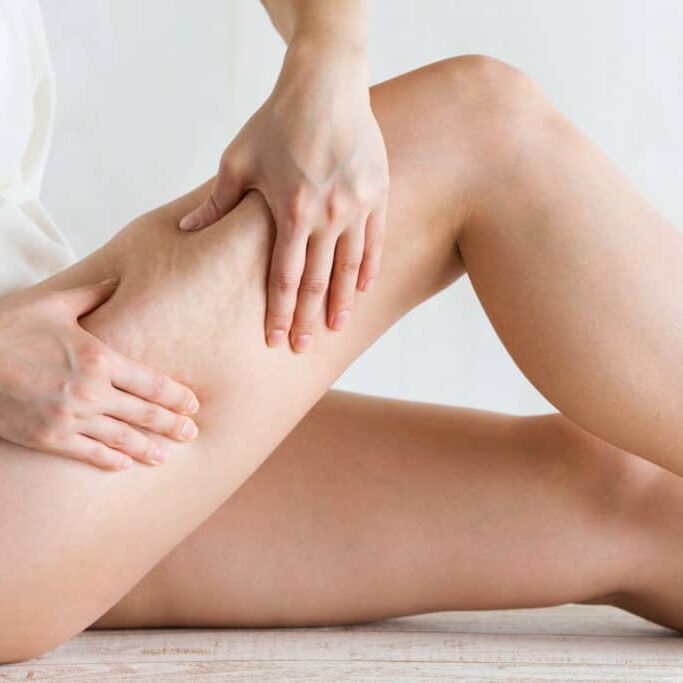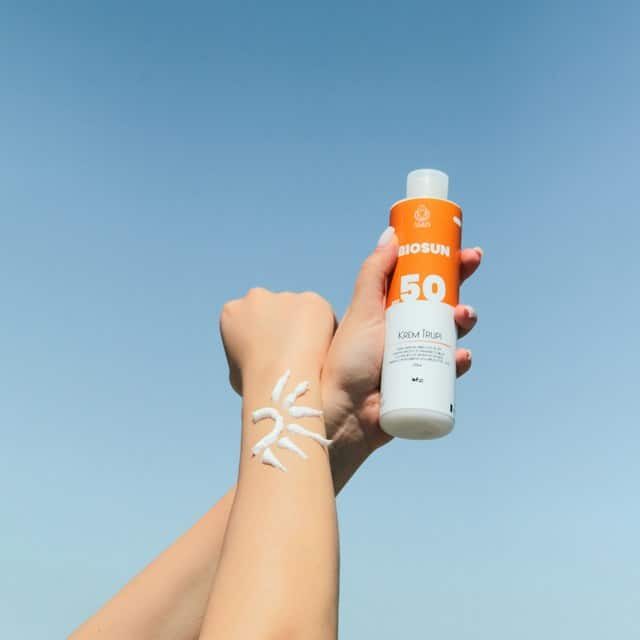Science and Not Blowing the Lid on the Cancer and Sunscreen “Myth”
Every now and again an article will appear in print or on the Internet discussing the dangers of sunscreen or claiming that the sun and skin cancer link has been debunked. I recently re-read an article online that stated, “Scientists blew the lid on cancer and the sunscreen myth”. Reading it made me grin, as these articles always do because….no, we didn’t.
These articles are mostly click-bait, sensationalized journalism that distorts science and fact to support an eye-catching headline. I respect the innovation and manipulation, as well as the need to simply increase the size of the audience. But the amount of ridiculousness in this article is hilarious, so I couldn’t help but respond.
The foundation of this article and others like it is a Swedish study published in 2014 and it’s an interesting study.
Let’s review the facts of this study.
29,518 Swedish women from ages 25 to 64 answered a survey with a variety of questions principally aimed at how frequently they sunbathed. For 20 years the women were followed and national databases were checked to see who died and who developed melanoma.
The survey study found that all-cause mortality (death for any reason) was inversely related to sun exposure habits. Meaning that over the 20-year period, twice as many women from the lowest sun exposure group died as compared to the highest sun exposure group.
The study has no idea as to what the participants died of and does not comment on significant baseline health habits of these groups, though their data showed the non-sunbathers group to have a higher rate of non-exercisers and obesity. The study also does not measure vitamin D at any point, nor does the study have anything to do with sunscreen. In fact, the words sunscreen or sunblock are not found in the study at all. Not even as commentary.
That’s it. Those are the facts. Notwithstanding, the association is truly fascinating and has value on its own. But any statement that expounds upon the aforementioned finding is conjecture, and while conjecture is an important part of discovery it should be taken, as they say, with a grain of salt.
The authors of the study surmise that perhaps low vitamin D is to blame for the noted trend of increased death among the non-sunbather group. It is certainly a possibility. Vitamin D is an essential vitamin and sun exposure is a significant source of vitamin D production and important in Vitamin D levels. In order to come to this conclusion,
the authors of the study make a few assumptions:
- First, that the women’s sun exposure habits did not change over a 20-year period.
- Second, that the consequences of an unhealthy lifestyle, obesity, and lack of exercise, which appeared to be more prevalent in the non-sunbather group, did not affect their results.
- Third, that Vitamin D levels were chronically low in the women who self-reported to have low sun exposure, and that the other group’s levels were not.
Now, the issues with the first two assumptions are relatively clear. But the problem with the third assumption may not be as clear, so let’s talk vitamin D.
I don’t think any physician would challenge the importance of Vitamin D. It is essential for a number of physiologic processes and organ systems. It appears to be protective in several conditions including more aggressive forms of melanoma, and a growing number of studies support the idea that low levels of vitamin D are linked to an increased risk of heart disease. This vitamin is something you need and want in your body.
But remember that vitamin D is not obtained by sunlight alone. And there is a limit on the amount our skin can produce. As such the vitamin is also, in many instances, an essential part of our diet.
Only a modest amount of sun exposure is required to make sufficient amounts of the vitamin, several minutes at midday in the summer months are sufficient for many Caucasians. And after reaching the production limit, further exposure may actually destroy the vitamin.
Furthermore, UV exposure is unlikely to produce enough vitamin D in people with very dark skin. People with darker skin types produce less of the vitamin in response to the same amount of sunlight. Also, the elderly have a reduced ability to synthesize vitamin D from sunlight, and during the winter, sunlight is insufficient to produce vitamin D in people living above 42 north latitude, which includes Boston and northern California. Sweden, where the study was conducted, is well north of this. Which means that regardless of how frequently a study participant sunbathes, vitamin D may need to come from the diet as well for a significant part of the year.
The authors of the online article are more shameless in their assumptions. They assert, “Researchers concluded that the conventional dogma, which advises avoiding the sun at all costs and slathering on sunscreen to minimize sun exposure, is doing more harm than actual good.” This is a lie on two accounts, the definition of dermatologic dogma and about the researcher’s thoughts on sunscreen.
The current dermatologic dogma is focused on sun protection, not sun avoidance. No reasonable dermatologist would advocate for complete sun avoidance unless you are a vampire, have a photosensitive disorder, or have undergone a recent procedure that warrants temporary but strict sun protection for an optimal outcome. And sunscreen, as mentioned above, is not part of the referenced study.
The article also paraphrases a well-known dermatologist who effectively said, “There’s no proof that increased exposure to the sun increases the risk of melanoma.” True, but this is only part of the story.
Does the sun cause skin cancer.
Yes. Unequivocally yes. Ultraviolet (UV) radiation from the sun causes mutations in the DNA of skin cells that are very closely linked to certain types of skin cancer. What often gets overlooked is the fact there are different types of skin cancer. Squamous cell carcinoma and basal cell carcinoma are highly associated with the amount of sun exposure and sun damage over a person’s lifetime. Melanoma is a different beast and while there is no evidence to suggest a causal relationship between simple sun exposure and melanoma, there does seem to be an association of some kind.
The article then goes on to reference a second Swedish study published in 2000 titled “Sunscreen use and malignant melanoma”. They misrepresent the authors by saying that the study “concluded that higher rates of melanoma occurred in those who used sunscreen versus those who did not.”
While this is technically true it is seriously misleading. The authors of the study actually concluded, “sunscreen use, by permitting more time sunbathing, is associated with melanoma occurrence.” This statement/theory on the researchers part was further supported by the fact that the association between more frequent sunscreen use and melanoma was stronger in men, and people using sunscreens with SPF of 10 or lower. Meaning that the people using more sunscreen where hypothesized as getting more sun exposure and using the sunscreen ineffectively.
Regardless of the facts and your interpretation thereof, skin cancer is not the only untoward effect of excessive sun exposure. Sun damage also results in wrinkles, loss of collagen, uneven pigmentation, and premature aging. And many people find these reasons for sun protection to be more compelling.
Overall, there are clear benefits from prudent exposure to the healing rays of the sun, physically and emotionally. But protection and moderation is, at this time, what the medical community painstakingly tries to suggest.
If you’re simply thinking I’m biased because I’m a dermatologist, you’re probably right. I suppose that in the end, more UV radiation is ultimately good for business. If we really do need to get more sun, and subsequently increase the incidence of sun related skin conditions, in order to better our chances of living longer, then I’ve got plenty of job security to look forward to.
